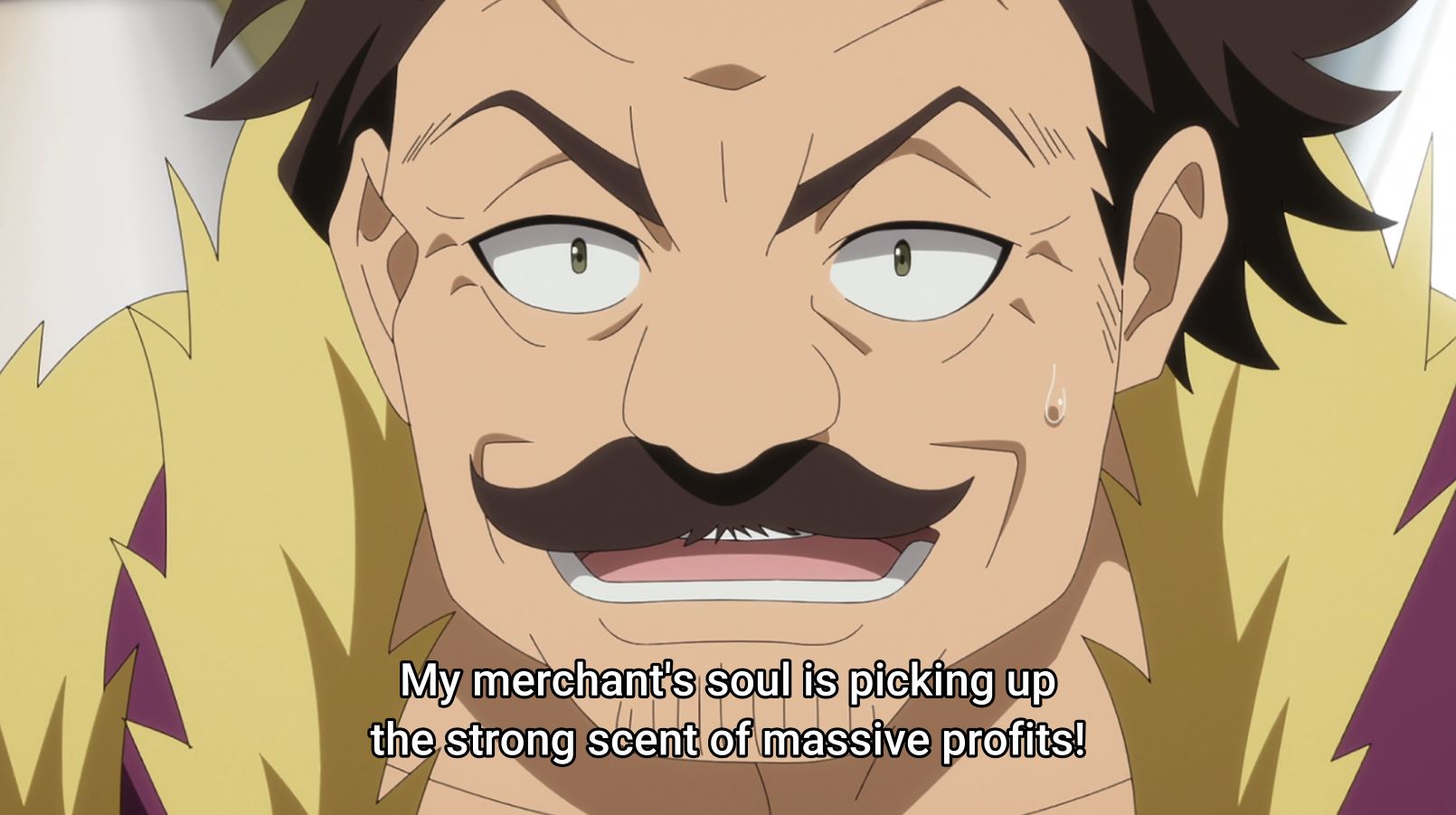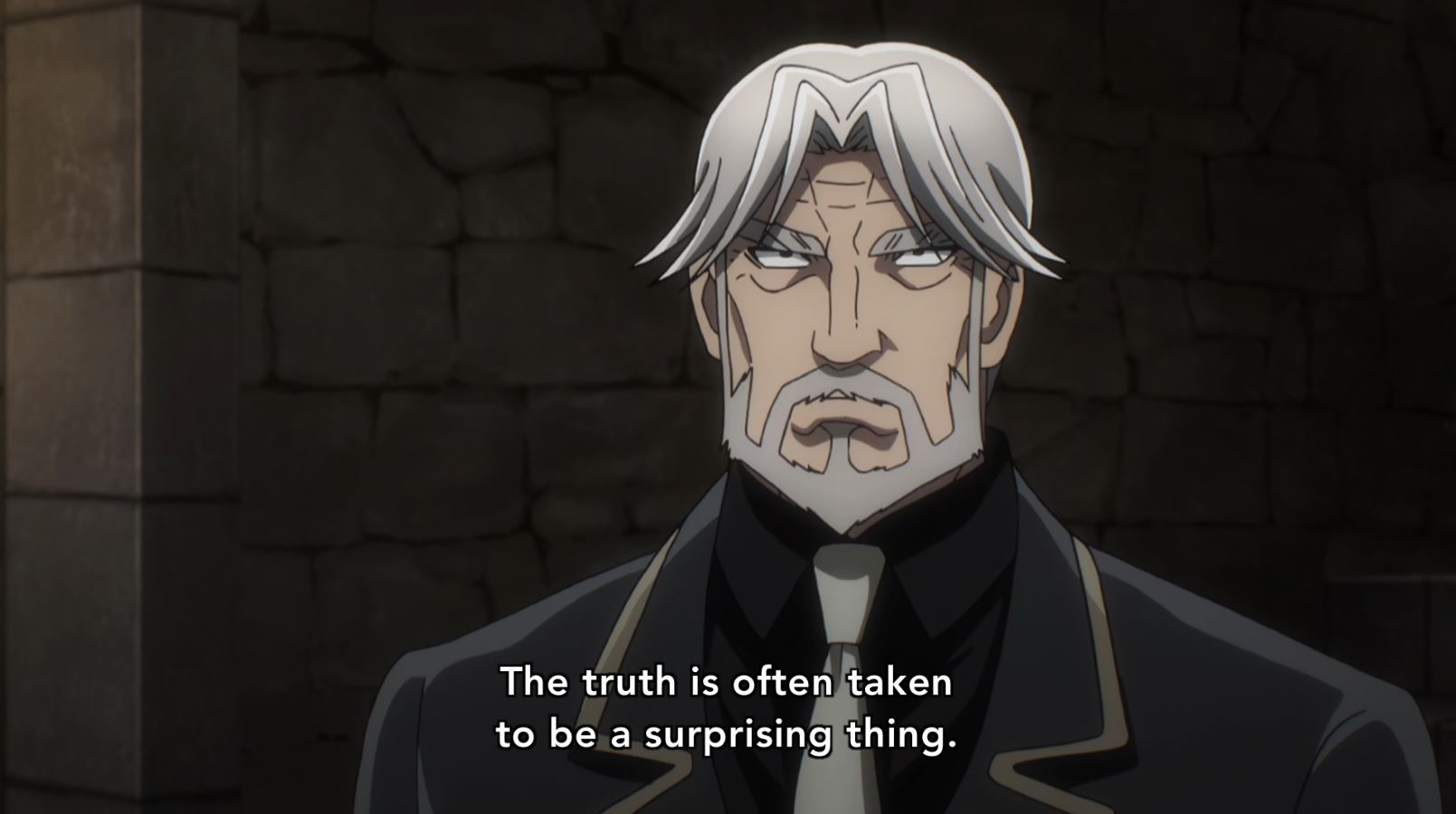A reader asked how do I go about in choosing stocks that are cheap, safe and of value? The short answer is that I find windows of opportunities that comes along with the big trend.
The process is actually drawn out and unexciting to many, but interesting to me. And it is a partnership between me and the wife. Different people have different methods and considerations for choosing the stocks they want to invest in, and mine is but one of the many paths to Rome, one that is suitable for me.
The wife and I will update ourselves on news from different sources and countries almost everyday. We will also read up and watch Youtube analysis on different political, economical and financial activities. We will then share with each other on what we have learnt on a near daily basis to discuss about it and see if they make sense or not. Often times news are pretty one-sided and many Youtubers do not know what they are talking about too. This allows us to keep up to date with the international state of affairs and domestic situation of a few significant countries, and to renew and upgrade our understanding of these matters where necessary as rules change all the time. For example, it used to be that there is an economic crisis every 10 to 12 years, but the rules of the game changed when Trump took over. Such sharing may not take very long, and often it is just like a 1 or 2 minute conversation.
As mentioned in previous posts, before investing in stocks, I must first look at the country. If the state of affairs in the country is optimistic, then I can proceed to the next step. Else, I will just jump to another country. It is precisely this that when China’s property market collapsed, I knew that their long-condemned stock market may have a brighter future ahead. And when China rolled out a series of policy reforms regarding their financial markets, I believed the opportunity was coming and began work in that. Do note that the timeline of a country and the timeline of a human is way different, so this process is very long even though I summarised it in 2 paragraphs here.

The wife and I will also talk about a wide range of other topics from psychology to geography, pets to survival skills, history to technology. These other topics do not contribute directly to any earning of money, and it primarily serves as different topics to chit-chat about. However, in the process we are constantly building up a larger library of general knowledge in our heads. Whether you are comunicating with others, doing business or investing in a stock market, having a wealth of general knowledge also allows us to sniff out potential opportunities in different sectors. It also gives us the foundation to be able to process certain pieces of news and infer the potential impact. But I got to admit all these are just secondary benefits. The main thing is simply we like to chit-chat about a wide variety of things and the secondary benefits is just an added bonus. I always maintain a curiosity like that of a child, and will find out about things that I come across but know nothing about.
Once I have identified opportunities in a country and while waiting for the right timing, I will identify which are the suitable segments to invest in. For example, I will never invest in the primary industries in Singapore, simply because Singapore is not cut out for it. I will not invest in US dividend stocks, because the 30% dividend tax is a waste of my time. The technological powress of the US as well as their ‘free market’ makes investing in technology companies a very suitable one. China on the other hand, is very good for investing in state-owned enterprises (SOEs) because the SOEs monopolises core resources. The Chinese government’s hand in stabilising the stock market both in a crash and in a bull-run frenzy makes it unsuitable (in my opinion) to invest in stocks with higher volatility such as technology stocks. Instead, consistently reaping off dividends from SOEs dealing with core resources become a very viable path in the Chinese stock market.

So far, the work done above is like the daily preparation for an examination – going through the lectures consistently and doing homework. From here on, the work is like the last burst before the start of an examination. Both are required and without each, you will not be able to score as high as your potential.
Once the country to invest in and its appropriate sectors has been identified, the rest is just choosing which stocks to invest in and deciding when to enter. At this stage, the wife will pour over a very large number of analysis done by different people on the different companies in our targeted sector. This is the first filter, after which she will hand over a list of companies which she thinks we can consider and the reasons for that. I will then take over and take a deeper dive, going into the financial accounts, the relevant government policies, the market outlook, any seasonal cycles if applicable and stuff. At this stage, our daily chit-chat about different things including government policies may at times come in handy and give us an inkling on where to start or what to look out for. For every 1 company which we have decided to invest in, there were many others we have done our homework on and cast away, so whatever we settled for, we have a relatively high confidence. But this also means a fair bit of effort in order to get one stock out to put our money in.

Once a company has been selected, I will then work out the entry price, the intervals for the different entries as well as deciding the amount to pump in at each price level. Generally, from the entry, I will allocate another batch of funds for every 5% drop in price. In essence, once you have correctly identified the opportunities in that country and time it well, chances are most of the companies will do well as long as you do not make a major mistake in the choosing of the stocks. Of course, every stock differs and correctly choosing a company will result in a higher probability that the stock will fare better than the rest.

Those who are observant enough may realise that although my portfolio is earning money, there are also many other companies which did well. For example, the innovative drug sector in the HK/China market are booming, but I have not bought any of them as they do not fit my risk profile which I have decided for HK/China stocks. I also rejected Cambricon Technologies Corp Ltd, which has rose a lot over the past few months as I did not have as much confidence in them as compared to the US technology companies. Of course, the market proved me wrong but it is what it is. One cannot earn beyond his scope of understanding.
In the end, one can say that my strategy is about finding windows of opportunities and then letting the trend sweep me up together along with everyone else who happens to be in it.

有讀者問,我是如何找出又安全又低價的價值股票。先給個結論:其實我最主要找的是風口。
對很多人來說,整個過程其實是很漫長且枯燥的。但對我個人而言,我覺得還蠻有意思的。整個過程是我和娘子共同的努力。通通道路到羅馬,而這條路目前是最適合我的。
我和娘子幾乎每天都會看不同國家和媒體的新聞,也會在Youtube一起看關於政治,經濟和經融的不同分析。最後我們每天也會告訴彼此當天看到或學到的東西,並且討論所看到的是否合理或準確。畢竟新聞有時過於片面,很多網紅也都在瞎扯。這會讓我們了解到國際形勢和幾個重點國家的內部狀況,同時在有必要的時候刷新和提高我們的認知。例如以前都是每10-12年就會來一次經濟危機,但是川普上台後,遊戲的規則就變了。我們分享的過程不一定會很長,很多時候也就只是1-2分鐘的對話罷了。
之前有說過,在投資股票前,我一定會先看公司所屬的國家。如果我對該國家感到樂觀,我便可進行下一步。否則,我就考慮別的國家。結合以上我說的,當中國房地產泡沫爆時,我推斷出被唾棄的A股前途可能光明了。而當國家推出一系列的經融市場改革,我便確信機會來了,隨之展開相關工作。這裡得注意的是,國家的時間線和我們的時間線是不一樣的。雖然我以2段話講解以上過程,但需知其過程是非常漫長的。

我和娘子平時聊天時也會聊各種話題:從心理學到地理,從寵物到生存技能,從歷史到科技等等。這些話題不會直接讓我們賺錢,我也承認主要目的就是作為聊天的談資。但是過程中我們不斷積累我們的知識儲備。不管是和他人聊天還是做生意,又或者是投資股市,有個較大的知識儲備能讓我們對各種行業機會的感知比較敏感,同時也提高了我們對不同事物的認知。當然,這些都是額外的收獲,最重要還是因為聊著不同的話題很有趣。我會一直保持一個像小孩一樣的好奇心,並且遇到不了解的事務時會去多了解。
當我已經瞄準了一個國家的機會(風口),在等待時機成熟時,我會研究該國家適合投資的細分領域。例如我是不會投資新加坡的第一產業,因為新加坡就不是幹這個的料。我也不會投資美國的收息股,因為30%的股息稅是在浪費我的時間。美國的科技和他們的‘自由市場’才是他們的強項。中國是非常適合投資國企,因為國企壟斷了核心資源,而中國的國家隊在市場恐慌時會穩定市場,在市場瘋狂時會適當的潑一把冷水讓大家冷靜。所以我不會投資中國高波動的股票和科技股。穩穩的在A股市場收息才是我認為該走的道路。

以上描述的就好像為了遙遠的高考做的日常準備 – 聽課,做功課等等。我接下來說的就等同於高考前的衝刺。要取得優越的成績,日常準備和衝刺缺一不可。
當投資的國家和細分領域已確定,剩下的就是選擇投哪家公司和決定什麼時候進場。在這個階段,娘子便會大量地閱讀不同的相關分析,隨後列個可考慮投資的股票清單轉交給我,同時也告訴我為什麼值得投資這些公司的理由。這是第一次篩選。接過清單後,我會一一做深入研究 – 財報,相關的國家政策,市場前景,週期等等。在這個階段,我們日常談的不同話題,包括國家的一系列政策和決定可能會起到一些作用,讓我們知道研究可以從哪裡著手,或者該注意些什麼。最後篩選出來的每一支股票,背後有很多研究後被放棄的公司。這也是為什麼我決定投入的每一支股票,我都是有很大的信心。當然,這也代表了在投入任何股票前,我們都是花了很多時間和精力的。

鎖定股票後,我就會開始計算入倉價和不同的補倉價格。大致上,以入倉價為準,每跌5%,我就會再進一批。本質上,當選對了風口(國家的機會和時機),只要沒做出嚴重的錯誤,股市上大多數的股票都會跟著起飛。當然,股票各有不同,選了一個好的公司能有更大的概率比別的股票飛得更高。

觀察力敏銳的讀者會發現雖然我的投資組合在賺錢,但也有很多其他股票也都在賺錢。例如,創新藥的股票都做得很好,但是我一支股都沒買,因為不符合我為港股和A股所設定的投資風險偏好。我當時也拒絕了這段期間大漲的寒武紀,因為科技我還是相信桑姆大叔的。當然,市場證明我是錯的。人是不能賺他認知以外的錢。
到最後,其實我只是一個到處找風口,然後站在那裡讓風吹起來的豬。不是我選股多有能耐,純粹就是在找風口。

Showing 1 - 3 out of 3
Page 1 out of 1
| - | Shop Products | Price | |
|---|---|---|---|
|
|
$99,999.00
|
||
|
|
$1.00
|
||
|
|
Price range: $69.00 through $99.00
|


